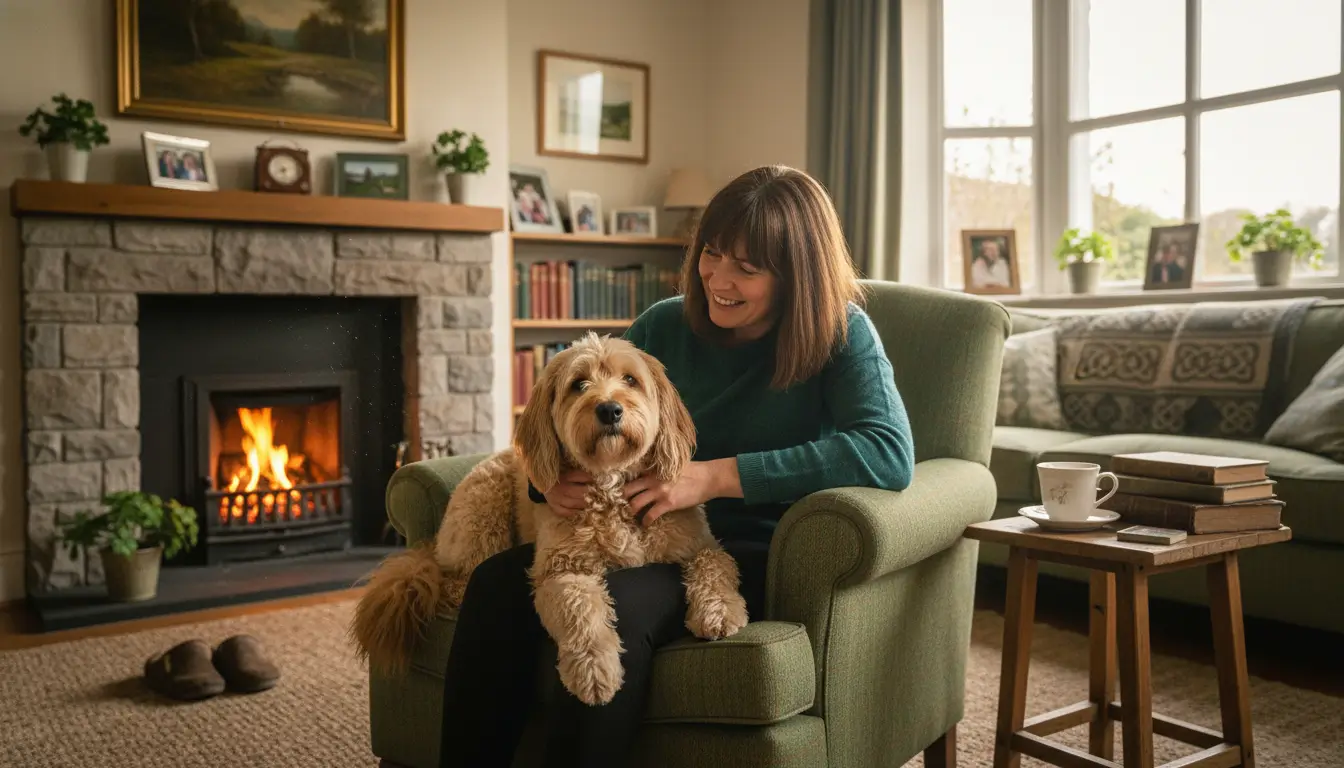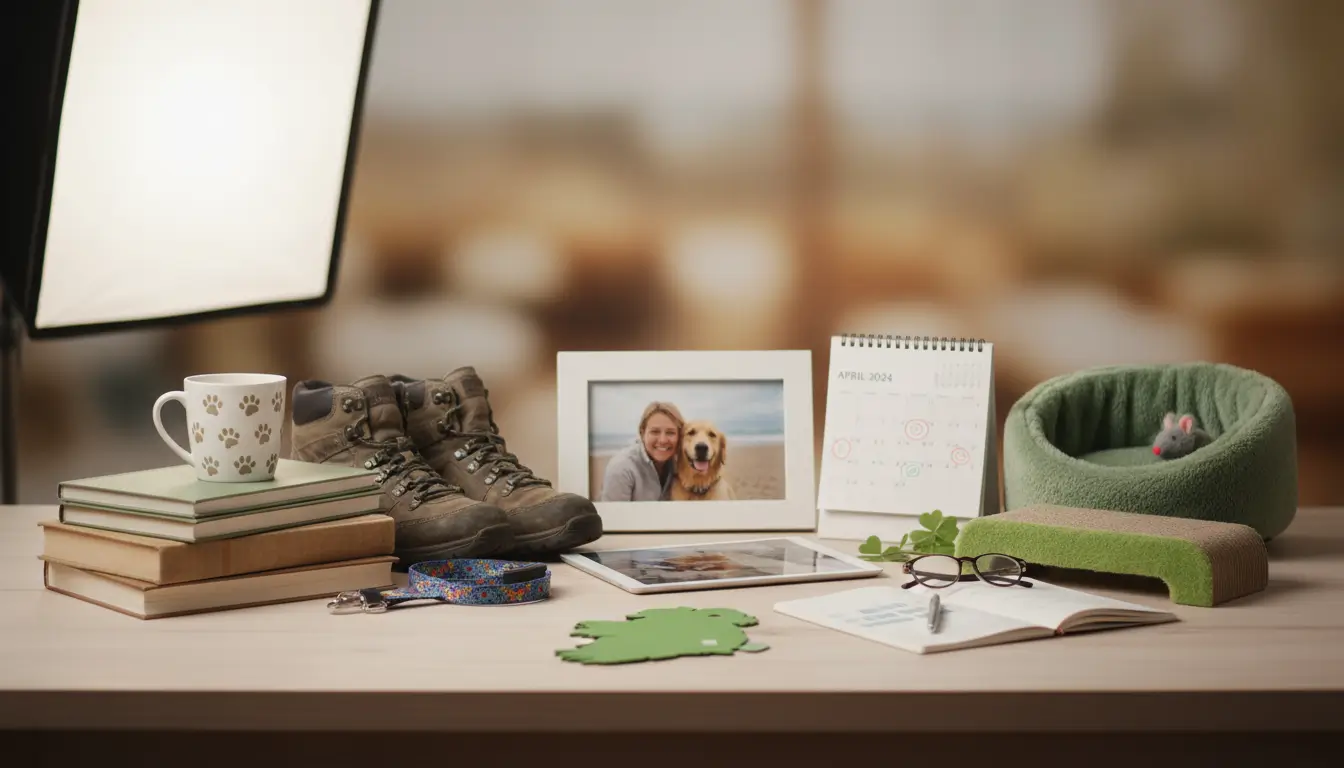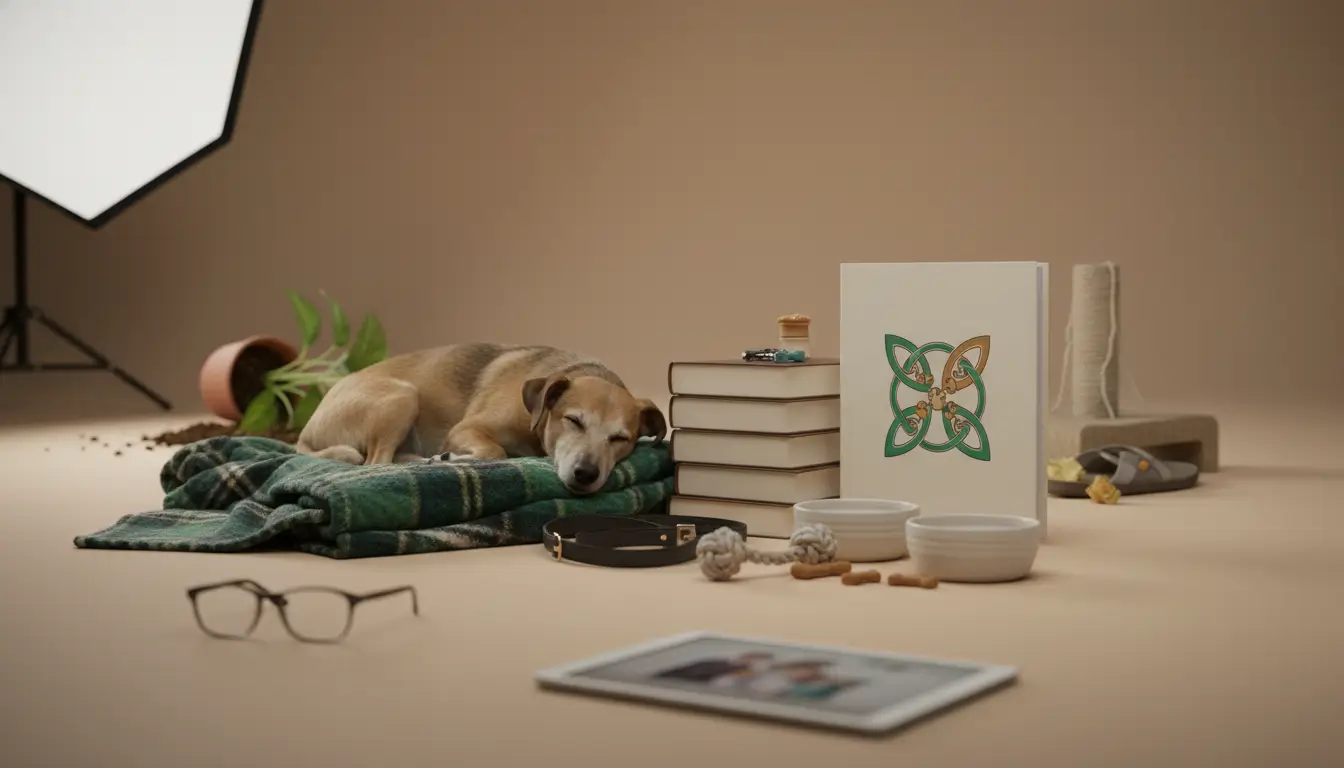Essential Pet Adoption Tips: Your Complete Guide to Bringing Home a Rescue Pet in Ireland

Adopting a rescue pet is one of the most rewarding experiences you can have. Not only are you giving a deserving animal a second chance at happiness, but you’re also gaining a loyal companion who will bring joy to your life for years to come. This comprehensive guide covers everything Irish pet lovers need to know about pet adoption, from preparation to those crucial first weeks at home.
Why Choose Pet Adoption?
Pet adoption is a compassionate choice that makes a real difference. Each year, thousands of wonderful dogs, cats, and other animals find themselves in Irish rescue centres through no fault of their own. By choosing adoption over buying, you’re helping to combat the cruel puppy farming industry and reducing the number of homeless pets in our communities.
Rescue pets often have incredible resilience and are eager to bond with their new families. Many are already house-trained, vaccinated, and neutered, saving you time and money. Plus, the adoption fees charged by reputable rescues typically go directly toward helping more animals in need.
Choosing the Right Pet for Your Lifestyle
Before falling in love with the first adorable face you see, take an honest look at your lifestyle. Different pets have vastly different needs, and finding the right match is crucial for a successful adoption.

Consider your living situation: Do you have a secure garden, or do you live in an apartment? How much time can you realistically commit to daily exercise, training, and companionship? Some working breeds need several hours of activity daily, while older pets or certain cat breeds are content with a more relaxed routine.
Think about your family dynamics. Young children may do better with gentle, patient breeds, while an active retiree might welcome an energetic companion for long walks. Be honest about any pet allergies, financial constraints, and long-term plans. A good rescue centre will help match you with a pet whose personality and needs align with your circumstances.
Preparing Your Home for Your New Arrival
Preparation is key to helping your rescue pet settle in smoothly. Before bringing your new family member home, create a safe, welcoming environment that meets their basic needs.
Designate a quiet “safe space” where your pet can retreat when feeling overwhelmed. This might be a spare room for a cat with bed, litter tray, and food bowls, or a cosy crate area for a dog. Ensure your home is pet-proofed by securing electrical cables, removing toxic plants, and storing household chemicals safely.
Stock up on essential supplies: high-quality food appropriate for their age and health status, food and water bowls, a comfortable bed, grooming tools, toys, and appropriate containment (lead and harness for dogs, carrier for cats). Don’t forget identification tags with your contact information and arrange microchip registration if not already done.
The First Days: Setting Your Pet Up for Success
The initial 3-3-3 rule is a helpful guideline for rescue pet adjustment: 3 days to decompress, 3 weeks to learn your routine, and 3 months to truly feel at home. During this period, patience and consistency are your best tools.

Keep things calm and quiet for the first few days. Limit visitors and avoid overwhelming your pet with too many new experiences at once. Establish a predictable routine for feeding, walks, and quiet time. This structure helps anxious pets feel secure and understand what’s expected.
Allow your pet to approach you on their terms. Sit quietly at their level and let them come to you for gentle interaction. Use positive reinforcement techniques with treats and praise to build trust. Remember that some rescue pets may have experienced trauma or neglect, so building confidence takes time.
Building Trust and Bonding with Your Rescue Pet
Developing a strong bond with your rescue pet is the foundation of a happy life together. Trust isn’t built overnight, but through consistent, gentle interactions that show your pet they’re safe with you.
Learn to read your pet’s body language. A wagging tail doesn’t always mean happiness in dogs, and purring cats aren’t always content. Respect their signals when they need space, and never force interaction. Hand-feeding treats, gentle grooming sessions, and calm talking can all help strengthen your connection.
Engage in activities your pet enjoys. For dogs, this might be sniffy walks, puzzle games, or learning new tricks using positive reinforcement. Cats appreciate interactive play with wand toys, puzzle feeders, and high perches where they can observe their territory safely.
Common Challenges and How to Handle Them
It’s normal to face challenges when settling a rescue pet into your home. Separation anxiety, housetraining accidents, and behavioural quirks are common but manageable with the right approach.

If your pet shows signs of separation anxiety, start with very short alone periods and gradually build up duration. Provide engaging puzzle toys and create positive associations with your departure cues. Never punish anxiety-related behaviours, as this increases stress.
Housetraining setbacks are common, especially in the first weeks. Go back to basics with frequent toilet breaks, close supervision, and lots of praise for getting it right. Clean accidents thoroughly with enzymatic cleaners to remove lingering scents.
Consult with the rescue centre if behavioural issues persist. They know the pet’s history and can offer tailored advice. Professional positive-reinforcement trainers can also help address specific challenges.
Healthcare and Ongoing Support
Regular veterinary care is essential for your rescue pet’s long-term health. Schedule a check-up within the first week to establish care and address any immediate concerns. This also helps your pet become comfortable with vet visits.
Stay up-to-date with vaccinations, parasite prevention, and dental care. Many rescue pets benefit from proactive health monitoring, especially if their early life history is unknown. Consider pet insurance to cover unexpected veterinary costs, which can provide peace of mind.
Continue supporting the rescue community by sharing your positive adoption story. Word-of-mouth recommendations help other pets find homes, and many rescues appreciate volunteers, foster carers, and donations to support their vital work.
The Joy of Rescue Pet Ownership
While adopting a rescue pet comes with challenges, the rewards are immeasurable. There’s something profoundly special about watching a previously nervous animal blossom into a confident, happy companion who trusts you completely.
Rescue pets seem to understand they’ve been given a second chance, and their loyalty and affection know no bounds. From the first tentative tail wag to the confident snuggles on the sofa, every milestone in your journey together is worth celebrating.
You’re not just changing one animal’s life—you’re making space for the rescue centre to help another pet in need. It’s a ripple effect of compassion that strengthens our communities and reminds us of the incredible capacity for resilience and love that animals possess.
Ready to start your adoption journey? Visit ISPCA website, Dogs Trust Ireland, or Dublin SPCA to find reputable rescue organisations across Ireland. Your perfect companion is waiting for you.




